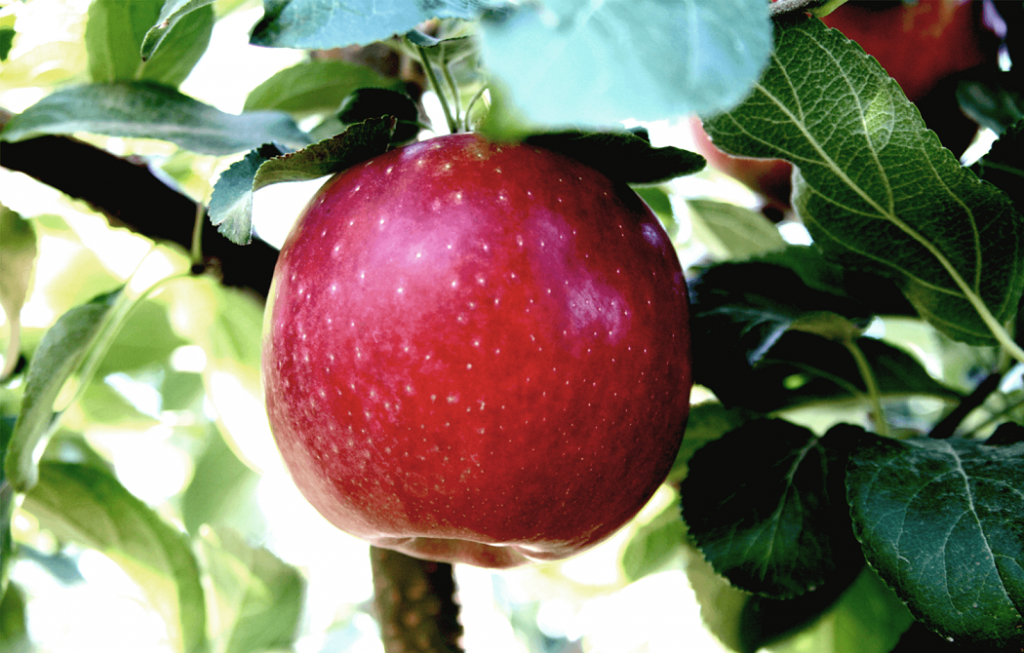Biological method developed to extend shelf life

A team of scientists recently developed a new approach to prolonging shelf life. They say the biological procedure could serve as an alternative to chemical-based methods.
Researchers from the Institute of Environmental Biotechnology at TU Graz teamed up with the Austrian Centre of Industrial Biotechnology to develop this natural method.
What they found was that a process called hot water treatment, or HWT, combined with a biological agent decreased storage rot and reduced harmful fungi.
It works by engaging the fruit's natural defenses through a "heat shock".
The addition of the bio-agent caused a stir in the microbiology world because it was found have a stronger impact on fungus than HWT alone.
While the team only tested the ecological method on apples and sugar beets, it could apply to many kinds of produce.
They say it has sweeping implications for minimizing food loss in increasingly environmentally-conscious markets.
How the biological method works
In the experiment, scientists infected apples with elements that cause decay.
Then, they gave the fruit a hot water bath. This included treatment with a biologically based agent.
As a result, the process killed, or reduced in size, post-harvest pathogens.
Fruit treated with this method was 20% more resistant than fruit that was only treated with hot water.
The bio-agent would therefore significantly minimize food losses, said the researchers.
"This combined approach is a sustainable and ecologically sound way to reduce apple blight. On the basis of this method, we can optimize apple storage together with industrial project partners," explained Gabriele Berg, head of the institute.
Related developments
Apart from focusing on methodology, the team specifically looked into the microbiome of apples and crop protection for sugar beets.
In one study, they wanted to understand how HWT impacts the microorganisms in apples.
They found that the microbiome of an organic apple differs greatly from that of a conventional apple.
The team also investigated crop protection for sugar beets by looking at the fruit's sugar levels.
Conclusions revealed that there is a way to identify if sugar beets are susceptible to rot even before they are harvested.
This development could save millions of sugar beets, according to the team. It could also decrease economic losses.








































